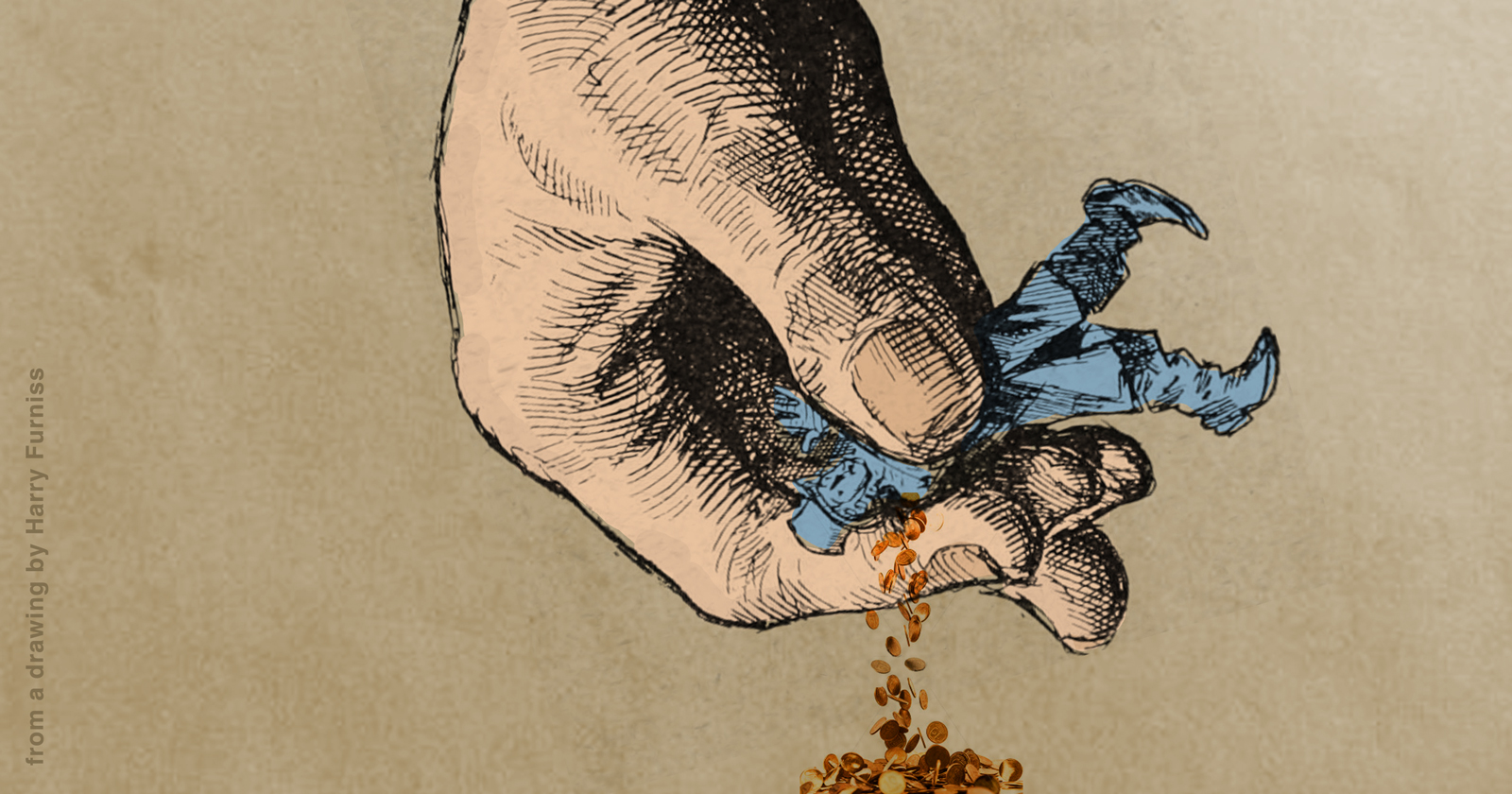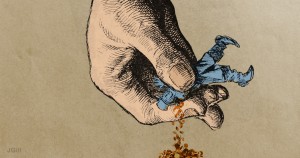Urban African-American poverty is a problem, as is, increasingly, rural and urban white poverty. What can we do?
Not what folks at The Nation suggest: by increasing progressivity in local taxation, adding progressivity to fines (making the poor pay less and the rich more), and the like. That’s the gist of what Brad Lander and Karl Kumodzi write about in their article “How Cities’ Funding Woes Are Driving Racial and Economic Injustice — And What We Can Do About It.”
Though they call their solution “forward-looking,” it is not that time element that makes their views “progressive.” It’s their obsession with tax rates. What makes a progressive a progressive seems to be little more than a reliance on progressive rate taxation.
Embarrassing.
The three big examples of failed cities the authors give are the urban community of Ferguson, near St. Louis; Detroit, Michigan; and now Baltimore, Maryland, currently undergoing “protests” and conflagration.
Typical for Nation writers, they see the problem as not the poverty, culture, and behavior of black individuals in neighborhoods where few work and 70 percent grow up in fatherless families, but not taxing whites enough.
Meanwhile, Detroit and Baltimore have been run as “liberal” Democratic enclaves for years. Yet “blame the rich” is the approach. The authors want to double down on old, failed policies. More taxes. More government.
Now, government is to blame, of course: “welfare” programs encourage the break-up of the nuclear family; horrible public schools; minimum wage laws that hit low-skilled population hardest; and the Drug War.
The authors are right, though, that the cities’ desperate regressive burdens on the poor are no answer. Less taxes, less regulation, less subsidy, less policing for profit, more freedom — those are the better solutions.
This is Common Sense. I’m Paul Jacob.




